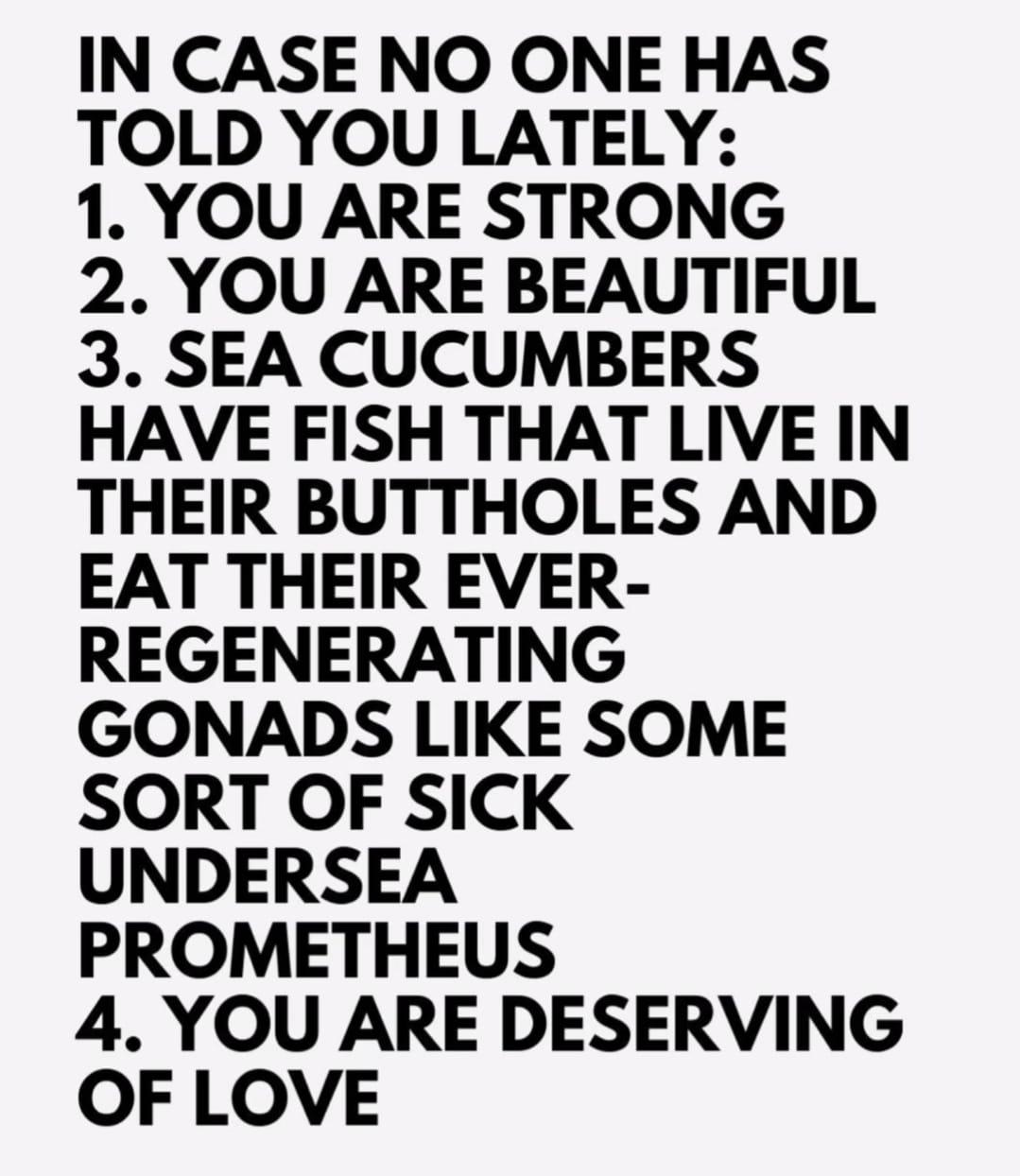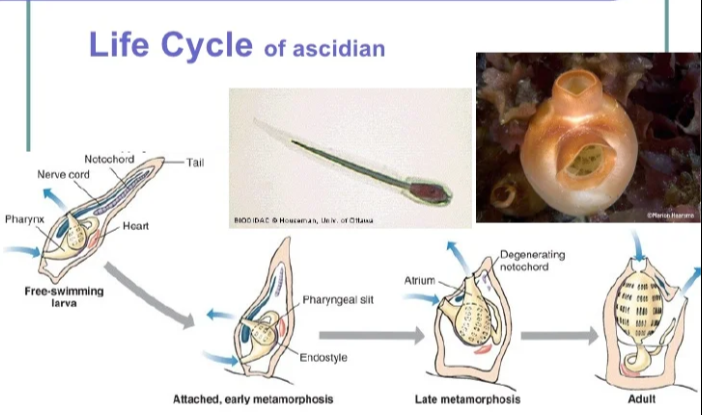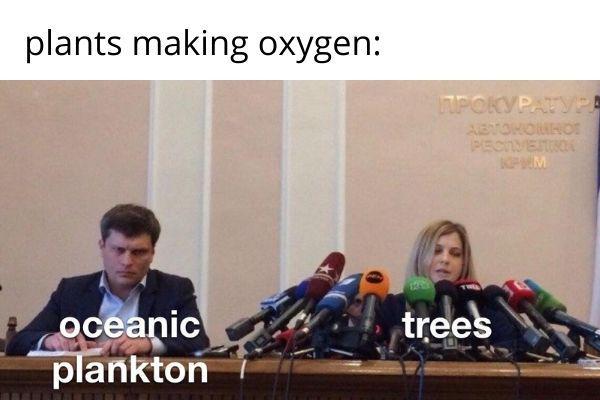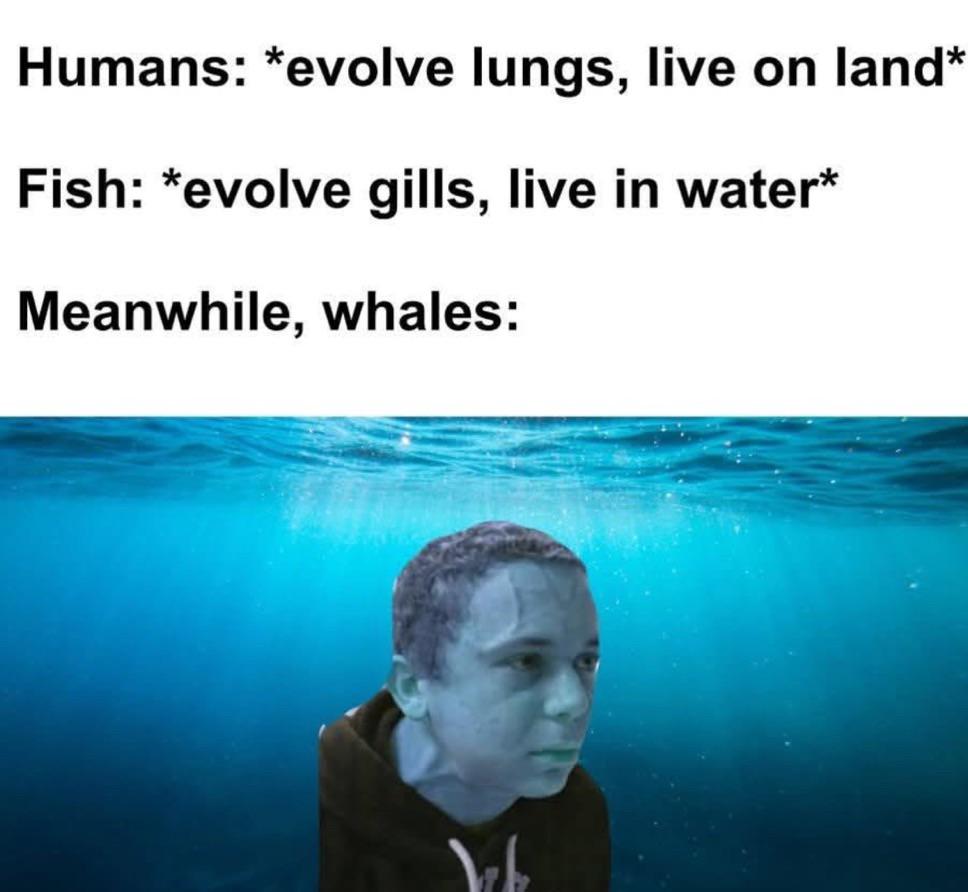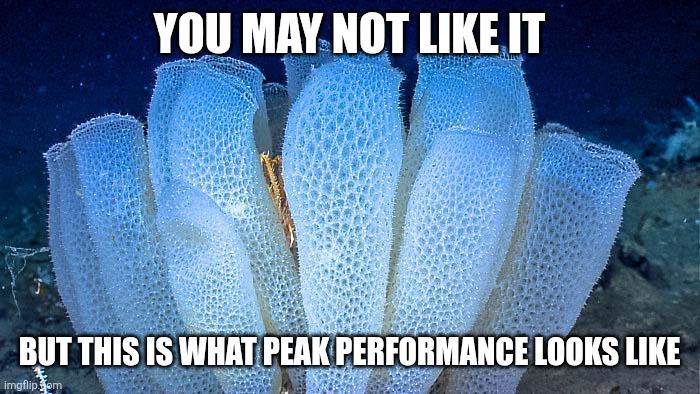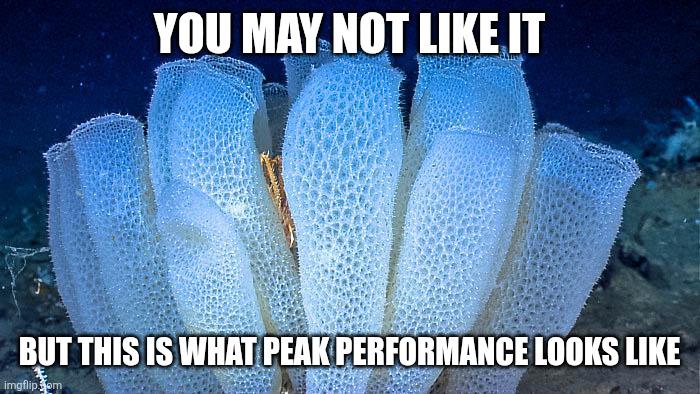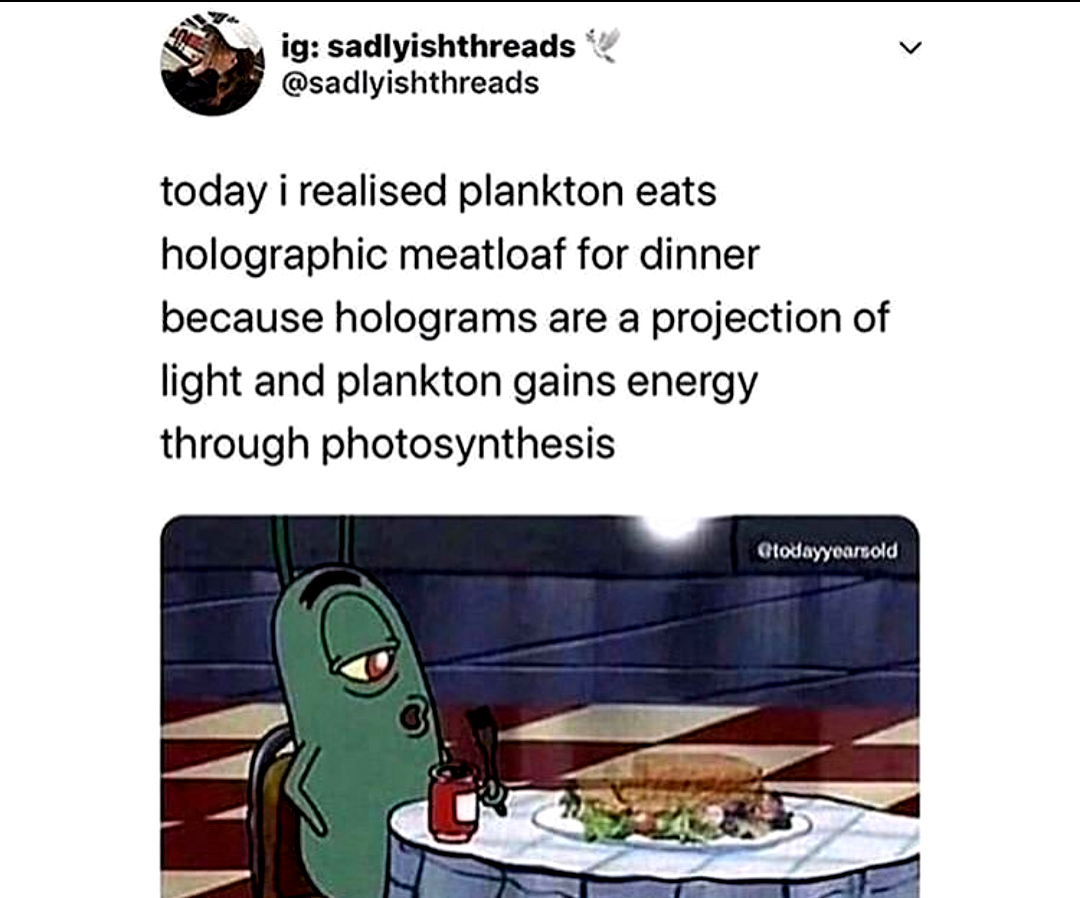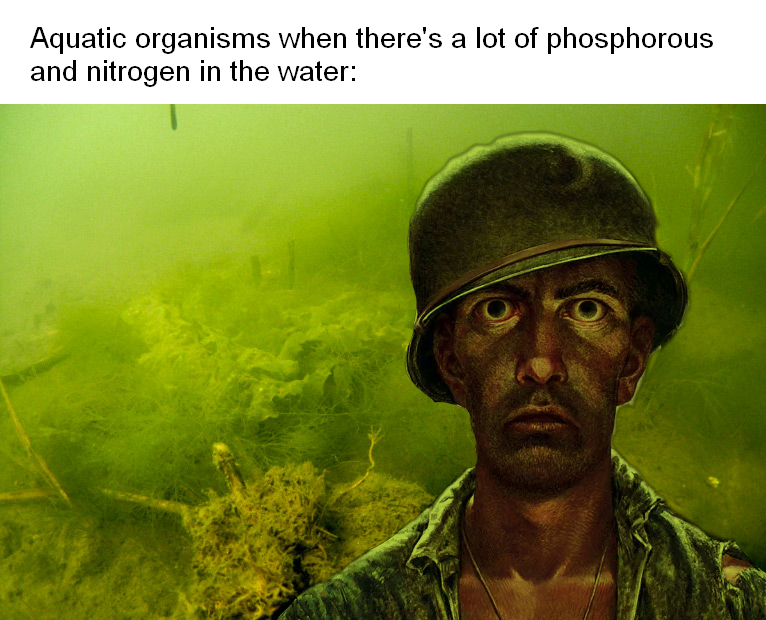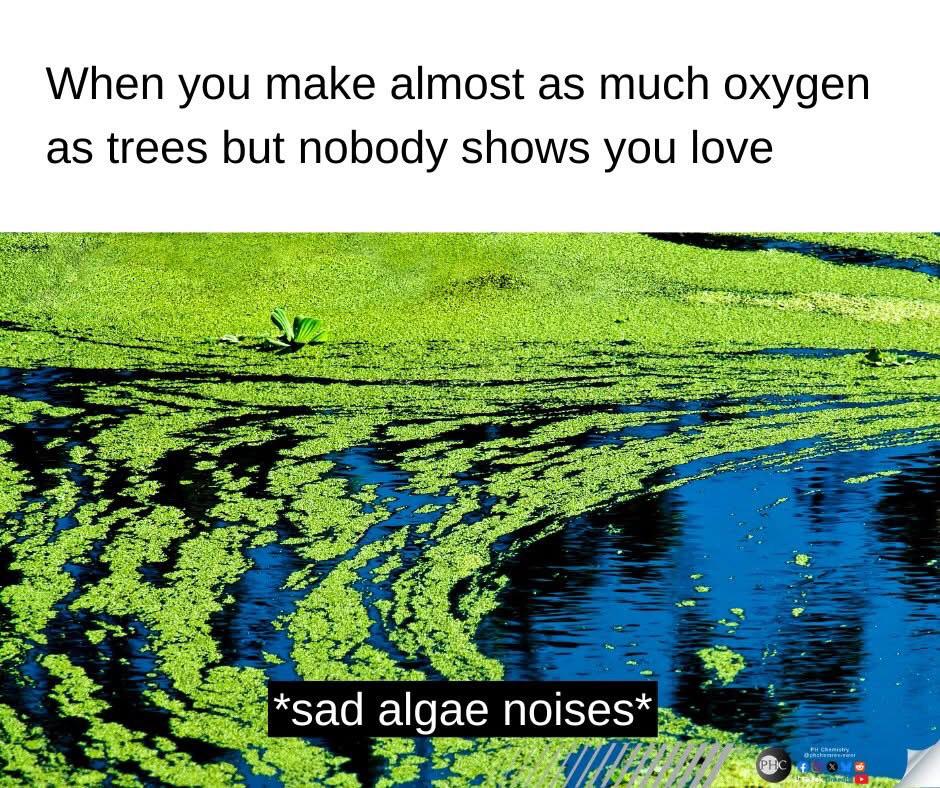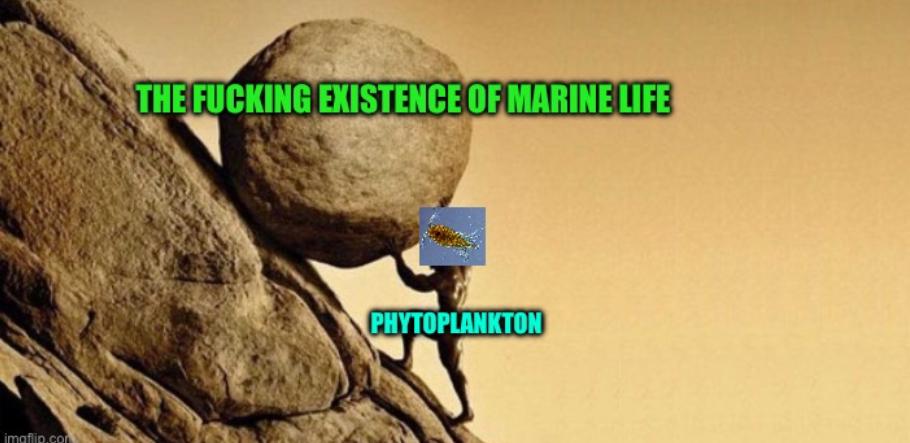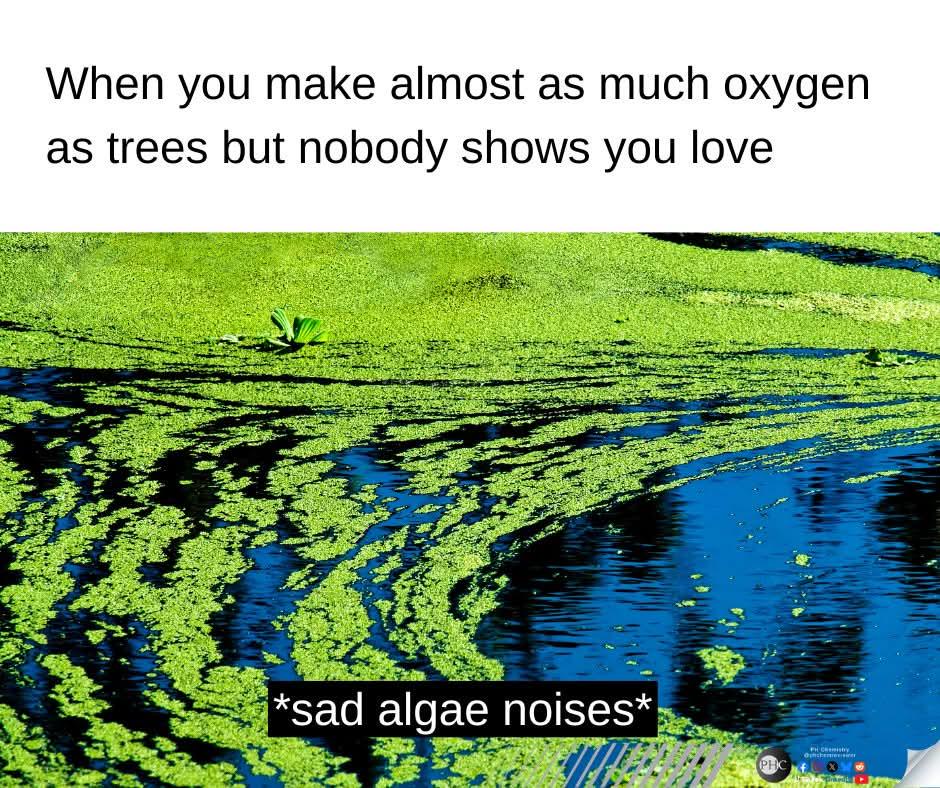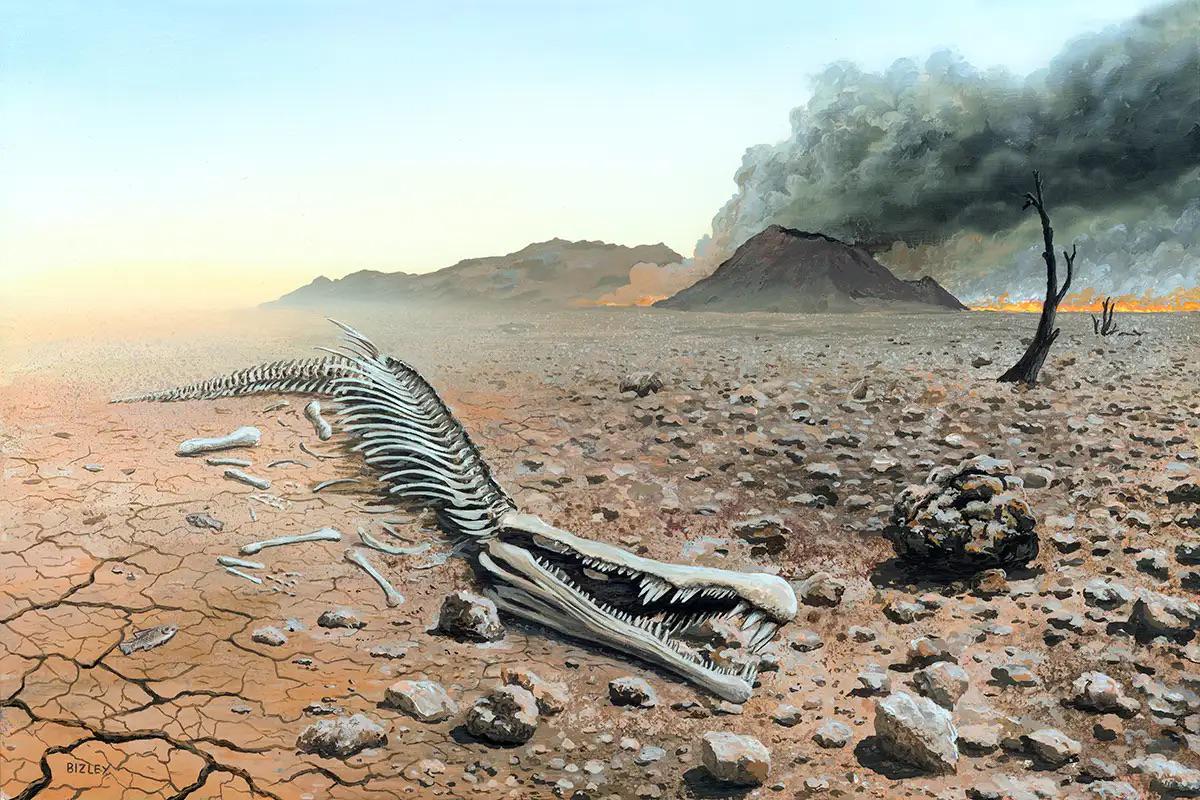HTTP 418: I'm a teapot
The server identifies as a teapot now and is on a tea break, brb
HTTP 418: I'm a teapot
The server identifies as a teapot now and is on a tea break, brb
Oceanography Memes
Oceanography: studying the part of Earth we know less about than the surface of Mars, despite it covering 70% of our planet. These memes celebrate the science of getting seasick for research purposes while discovering creatures that look like they were designed by a committee of sci-fi writers on psychedelics. If you've ever explained that the Bermuda Triangle isn't actually mysterious, gotten unreasonably excited about deep-sea vent communities, or felt the special terror-wonder of realizing what's in the water beneath you while swimming, you'll find your fellow marine enthusiasts here. From the frustration of instrument deployment in rough seas to the joy of discovering new species, ScienceHumor.io's oceanography collection honors the field that combines physics, chemistry, biology, and geology to study the world's largest habitat – which is trying to corrode your equipment at every turn.

 Academia
Academia
 Ai
Ai
 Astronomy
Astronomy
 Biology
Biology
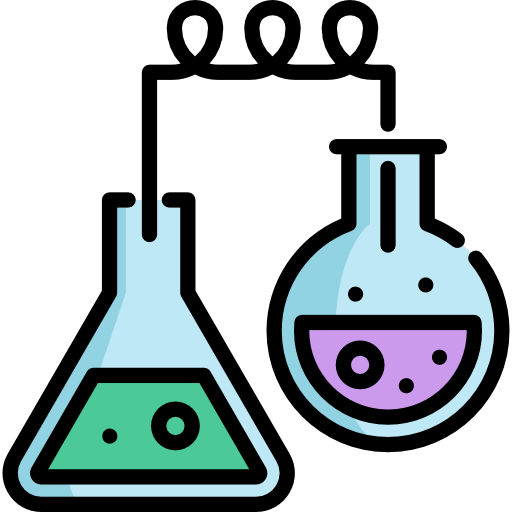 Chemistry
Chemistry
 Climate
Climate
 Conspiracy
Conspiracy
 Earth-science
Earth-science
 Engineering
Engineering
 Evolution
Evolution
 Geology
Geology
